Even the smallest trees can provide enough seeds for a forest. Writer, Director, and Producer Larry Cohen may not be as famous as Stanley Kubrick (A Clockwork Orange 1971, Full Metal Jacket 1987), or Steven Spielberg (Jaws 1975, Jurassic Park 1993), but he has made his name through several cult classics. He created the the story of 1988’s Maniac Cop, made dessert scary in 1985’s The Stuff, brought Q: The Winged Serpent to life in 1982, and wrote the script for 1973’s Blaxsploitation classic Black Caesar. It is quite a legacy, enough for fellow Writer/Director Steve Mitchell (Chopping Mall 1986, Gila! 2012) to get JJ Abrams (Lost series, Star Trek 2009), John Landis (Blues Brothers 1980, An American Werewolf in London 1981), Martin Scorsese (Taxi Driver 1976, Goodfellas 1990) and Cohen himself, among others, for a Documentary on the man.
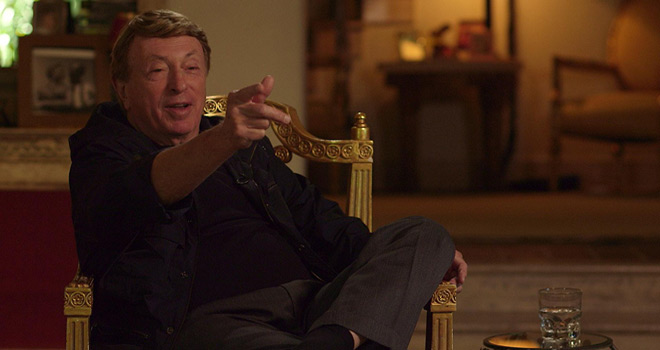
Beginning its theatrical run on Friday, July 20th in LA, with other cities to follow, the new Documentary King Cohen covers the man’s career from writing for TV in the 1960s, through his rise through cult pictures in the 1970s and 1980s, and beyond. The film won the Best Documentary Feature Audience award at the 2017 Fantasia Fest, but does it get in-depth enough across its 1 hour and 47 minutes to be an entertaining and intriguing Documentary?
Structurally, it is a talking-heads Documentary. There are a few behind-the-scenes stills, and plenty of film footage to back up the discussions. Ultimately, it is an arrangement of cuts from one interview to another. Yet, it does look crisper and warmer on camera than similar Documentaries, like 2018’s To Hell and Back: The Kane Hodder Story. In that Documentary, they interviewed the stars on studio sets, usually with a lit backdrop. In King Cohen, they are interviewed in their homes or suchlike, with some extra lighting. It sounds less fancy, but it does come off better on screen in comparison. Like it is a touch slicker, but without being over the top.
It also has energy, and some nice tidbits on the start of his career. Mick Garris (Critters 2 1988, Sleepwalkers 1992) recalls the theme tune to Cohen’s first TV series Branded from 1965. While Daniel Pearl (National Treasure 2004, Pathfinder 2007) compares Cohen’s short-lived 1967 spy series Coronet Blue to the later Bourne Identity films. It paints a neat picture of Cohen as someone brimming with ideas, but frustrated by the studio system.
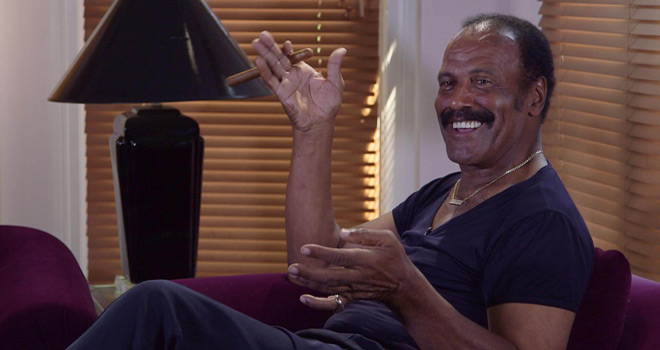
The main meat of the film is on Larry’s films, from 1972’s self-directed and self-written piece Bone onwards. The Documentary starts getting into more detail. It starts discussing the themes behind each film, how they were created, and how they were received. There are a few ear-catching quotes too. For example, Yaphet Kotto (Live and Let Die 1973, Alien 1978) proclaims Cohen as “the white Martin Luther King of movies.” Then there is Cohen’s cavalier approach to film-making, like shooting dangerous stunts on the New York streets, or stealing footage.
The film does not shy away from differing opinions or frustrations. Fred Williamson (MASH 1970, From Dusk till Dawn 1996) describes butting heads with the man over 1996’s Original Gangstas. Michael Moriarty (Troll 1986, Courage Under Fire 1996) also denies Cohen’s story about the actor wanting a different hairpiece per film. Janelle Webb (A Return to Salem’s Lot 1987, The Ambulance 1990) cites her frustrations with Cohen’s guerrilla film-making style. It is overall appreciative of the man, be it for his acumen or for his sheer chutzpah.
Yet, it does not focus on the man so much beyond his films. It gives insight to his character in his film-making, his approach towards actors, and even legends like Bernard Herrmann (Citizen Kane 1941, The Day the Earth Stood Still 1951) and Bette Davis (Dark Victory 1939, Wicked Stepmother 1989). His life beyond the cinema is rarely touched upon. The film is less a biography and more a cinematic rundown.

Some films get more coverage than others too. Black Caesar, Q: The Winged Serpent, and The Stuff get plenty of coverage, while it passes over 1987’s Deadly Illusion pretty quickly, and it does not cover 1989’s Maniac Cop at all. Granted, he did not direct that film. It does bring up 2002’s Phone Booth, and Cohen did not direct that either. Not every film can make the cut. It is just surprising that one of his cult classics does not get more than a poster preview.
So, it is more of a history of Cohen the film-maker than Cohen the person. A chronological record of most of his hits and misses, and their journey to the screen. The film is informative, the pace does not drag and manages to be intriguing and entertaining throughout. It could have exchanged some films for others in discussion or describe them in more depth, but it is hard to argue against the package Mitchell put together.
Fans of old school monster flicks, Horror movies, and Blaxsploitation films should find plenty to keep them engaged. As such, CrypticRock gives King Cohen 4 out of 5 stars.
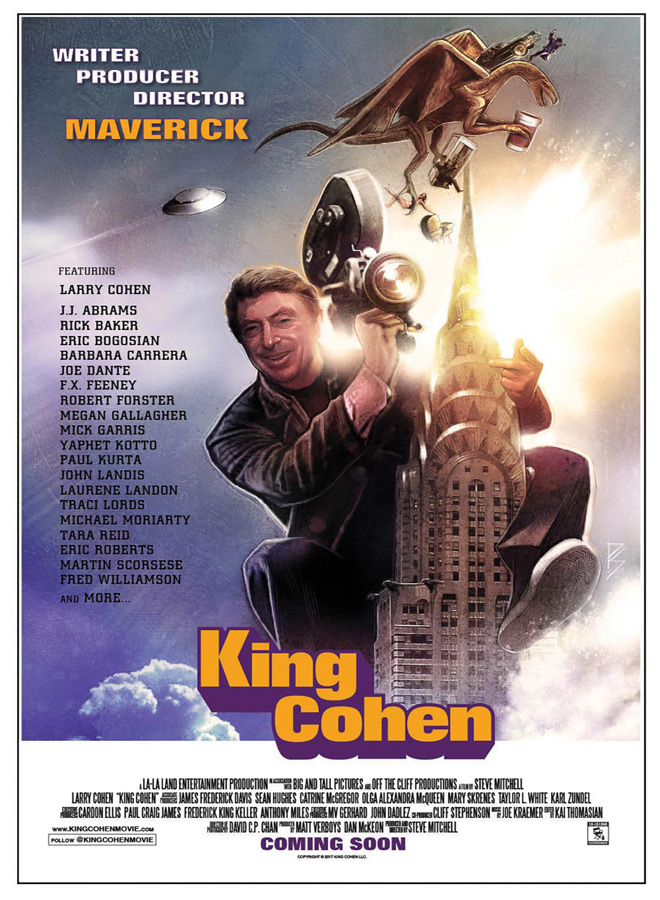


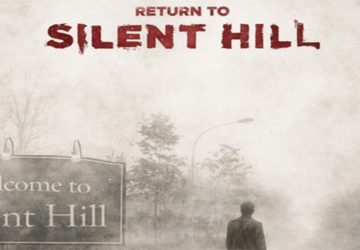
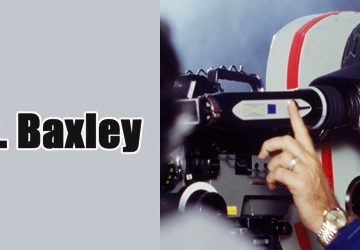


No comment